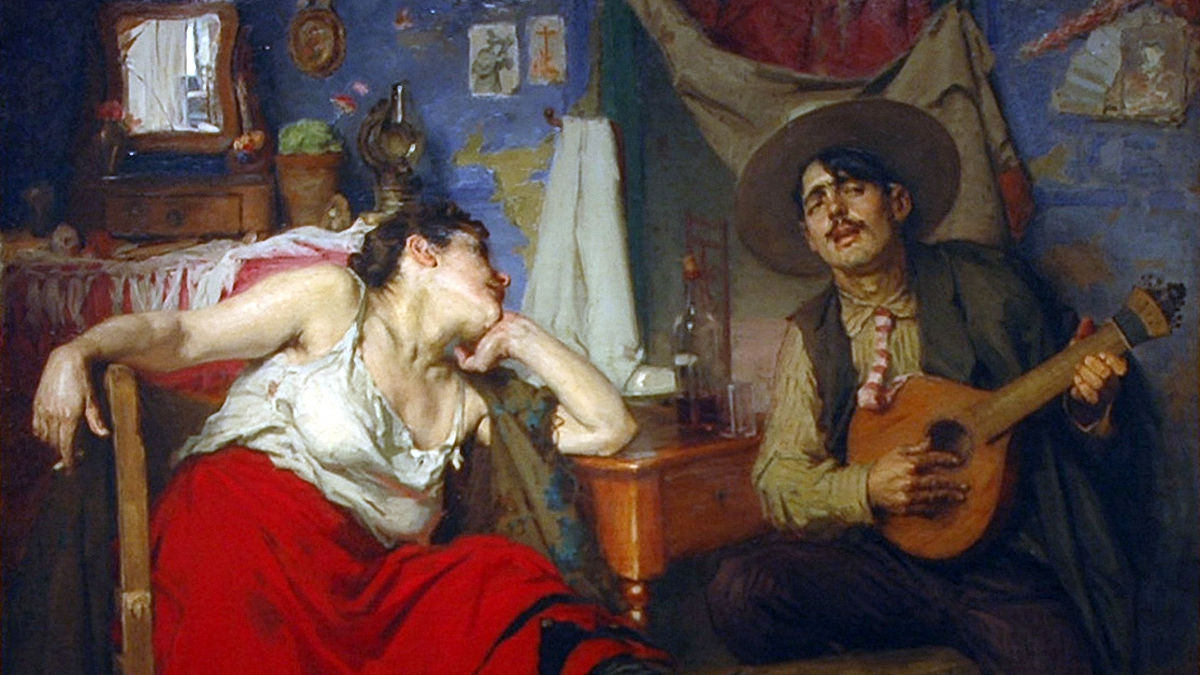With the 46th anniversary of the Portuguese Revolution of the 25th of April 1974 upon us, now is a good time to reconsider the life and work of Zeca Afonso.
Zeca Afonso (full name José Manuel Cerqueira Afonso dos Santos) is one of the most influential singer / songwriters in 20th century history. He can be fairly compared to Bob Dylan, John Lennon and Mikis Theodorakis of Greece as a political musician of the left. But there is one great difference - the cause he was fighting for - the end of the Portuguese dictatorship and the end of the country's colonial wars, succeeded.
This may be why in Portugal they do not call such singers "protest singers". Instead they are called "singers of intervention" - cantores de intervenção. After all, the singing might just work.
In Zeca's case it certainly did. It is not just supposition that he had an influence on the course of events. The troops fighting Portugal's colonial wars were indeed listening to and playing his songs. Here's an example (it's also an example of Zeca singing in the Coimbra style).
José Zeca Afonso "Traz outro amigo também"
José Zeca Afonso "Traz outro amigo também" (Bring another friend too)
Words and music: José Afonso, 1970
A key feature of Zeca's songs is that their meaning is often not immediately obvious. Portuguese music was heavily censored at this time (as were foreign imports, many of which were just banned outright). Any obvious anti-war or anti-regime message would be stopped, and the perpetrators and those associated with them might well face unpleasant reprisals.
What it means:


